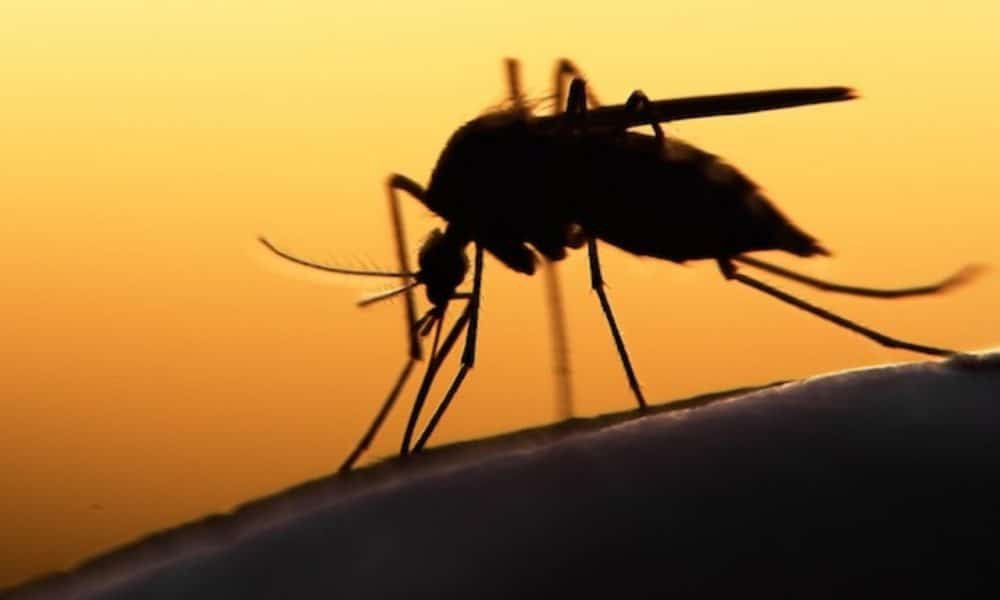Health
Malaria costs Nigerians N300bn annually, companies making trillions – Expert reveals
Prof. Olatunji Kolawole of the Department of Microbiology, Faculty of Life Sciences, University of Ilorin, UNILORIN, says Nigerians spend over N300 billion annually on malaria treatment.
NAN reports that Kolawole disclosed this in his paper presentation at the 190th Inaugural Lecture of the university entitled: “Transcending the Viral World: a Tale of Mimicry, Knockdown and Knockout”. The expert, who lamented that malaria drug companies making trillions of naira from Nigeria and others, expressed worry about World Health Organisation (WHO) report that Africa’s biggest nation accounted for 25 per cent of malaria cases.
The expert, who lamented that malaria drug companies making trillions of naira from Nigeria and others, expressed worry about World Health Organisation (WHO) report that Africa’s biggest nation accounted for 25 per cent of malaria cases.
Kolawole stated that Nigeria recorded over one million malaria cases i per year and a treatment cost of about N3,000 per treatment.
“The high level of malaria resistant drugs couples with fewer interventions at the complete eradication of the malaria parasites leaves us in an unending cycle of malaria prevalence, drug resistance and malaria related deaths,” he said.
He observed that inspite of the huge amount of money expended by Nigerians in treatment of malaria the scourge had not been tamed among the populace.
He attributed this to the fact the more money was being expended on advertisement rather than in providing drugs.
“l wonder why efforts are geared more towards the advertisement of malaria drugs than providing interventions that could completely eradicate the parasite,” he said.
The virologist stated that the financial implications of malaria were dwarfed by the number of deaths recorded while noting that in 2017 alone, about 85,690 persons died as a result of malaria-related illnesses in Nigeria.
He lamented that due to this unfortunate staggering death figure, he had carried out researches and established that ‘Bridelia ferruginea bent bark’ had strong anti-malarial properties.
According to him, additional studies on risk factors of congenital malaria as well as biochemical and haematological factors were carried out.
He ascertained that a wide spectrum of different home control measures and environmental features can serve to reduce malaria infectivity rates.
“The study further affirmed that stopping human contact with the vector responsible for the transmission of infection is best approach to stop malaria,” he said.
Kolawole disclosed that his team of researchers from four different institutes in Germany discovered for the first time in the world a basal position of “Leucocytozoon within Haemosporida”.
“This in contrast to previous workers, established a relationship between the genera Polychromophilus and plasmodium.
“The end is in sight for us as the drive to produce malaria vaccine is getting closer which will lead to the eventual knockout of malaria in Nigeria, saving millions of lives in the process,” he said.
The United Nations Children’s Fund (UNICEF) says no fewer than 250,000 children in Nigeria die on their first day of life.
Follow us on social media:-

 Crime2 days ago
Crime2 days agoBello Turji’s gang kidnaps 10 passengers, burns vehicle in Zamfara
-

 Crime2 days ago
Crime2 days agoMan k!lls his mother and four young sisters in hotel room with the help of his father to ‘save their honour’ (video)
-

 News22 hours ago
News22 hours agoEmotions flow as lady witnesses tragedy at hospital, pregnant woman and baby pass away during labor
-

 News2 days ago
News2 days ago“Adam and Eve ate nothing, were you there?” – Apostle Abel Damina reveals, says smoking and drinking is not a sin (video)



